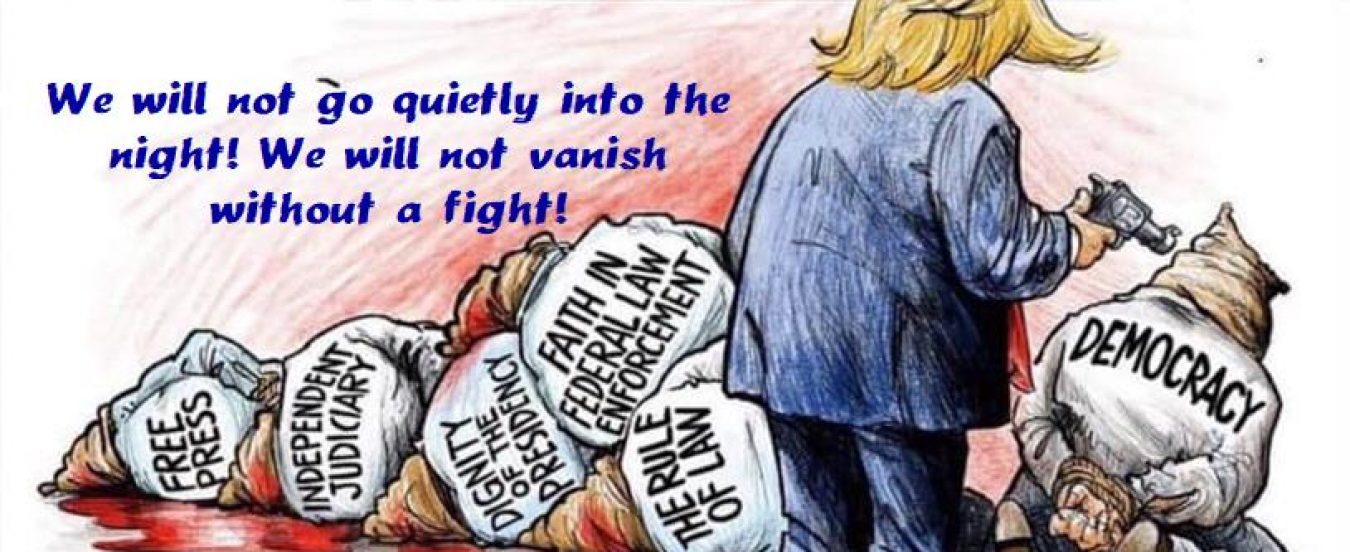Is fighting government intervention on climate the correct conservative position? Is it even conservative in the usual use of the word?
Conservatives persons are risk averse. They hate uncertainty. They attend church every Sunday, insure their home, cars, and life, and save for children’s college tuition costs and their retirement. Risk aversion is a core conservative value. Fearing the uncertainty of climate change is conservative.
Our largest corporations are about as conservative as anything. They hate risk, uncertainty and instability. Always seeking the sure thing. They love the protections of patents, trade marks and brands. Also monopolies and price fixing among competitors. The kinds of things Warren Buffet calls moats. No business confidence—no business investment. Absent a sure thing business hedges. Big oil is safeguarding billion-dollar infrastructure projects from rising sea levels and increasing storm severity. Spending big bucks. Al Gore might still turn out to be wrong, but those guys are not going to chance it.
If fighting government intervention on climate is not conservative, what is it about?
Those fight government intervention on climate have a four layered defense. It’s like the old medieval castle – – a fortified tower screened by a wall surrounded by moat and defended by soldiers.
- Warming is not happening.
- It is an event of nature.
- The cost of is too high.
- China.
About the time that Senator Inhoff’s snow ball changed global warming to climate change, leaders of the Republican Party, aware that denying the existence of global warming makes them look like idiots, retreated to “I don’t know that it is man-made.” So now every group except the most conservative Republicans agree that global warming is man-made.
Now that global warming/climate change is agreed to be a happening thing, the cause is in doubt.
It is the ice age cycle that is offered. In the most recent 800,000 years, the glacial cycle has been about 100,000 years, 90,000 years of cooling followed by 10,000 years of warming. The last warming period began 11,700 years ago. Global warming by the ice age cycle occurs at a glacial pace. The current debate is about what is happening within 200 years.
Carbon tax will damage our economy.
Forcing a reduction in CO2 emissions will lead to economic distress. That is agreed. How much? Senator Inhoff’s estimate is $51 billion in lost economic activity and 224,000 fewer jobs every year through 2030. Seeking perspective: Our economy created 263,00 jobs in April. The new 25% tariff tax on $200 billion of Chinese imports costs $50 billion. Too much for mitigation of climate change? You pays your money and you takes your choice. The experience of nations that now have a carbon tax might be instructive.
China is building coal fired power stations.
This is what the two worldwide climate accord agreement is about. The effort isn’t going to work if any of the major economic centers do not do their part. Both the China and the USA could torpedo the deal by refusing to participate. The political needs of the Chinese government to expand electrification is an impediment to that economy going to zero carbon omissions quickly. The political needs the leaders of the Republican Party…
The negotiated climate accords include deals with China and other underdeveloped nations that could do what needs to be done. China is located on the same globe as the rest of the world, meaning China has a self interest in mitigating climate change.
If we live in a world where every contest is rigged against you and the counter parties to your deals always cheat and every idea you don’t like is a hoax we have been defeated even before we begin.
(Jim Holland is Pct. 19 Chair of the Stephens County Democratic Party: scdpok.us or facebook.com/SCDPOK/.)
